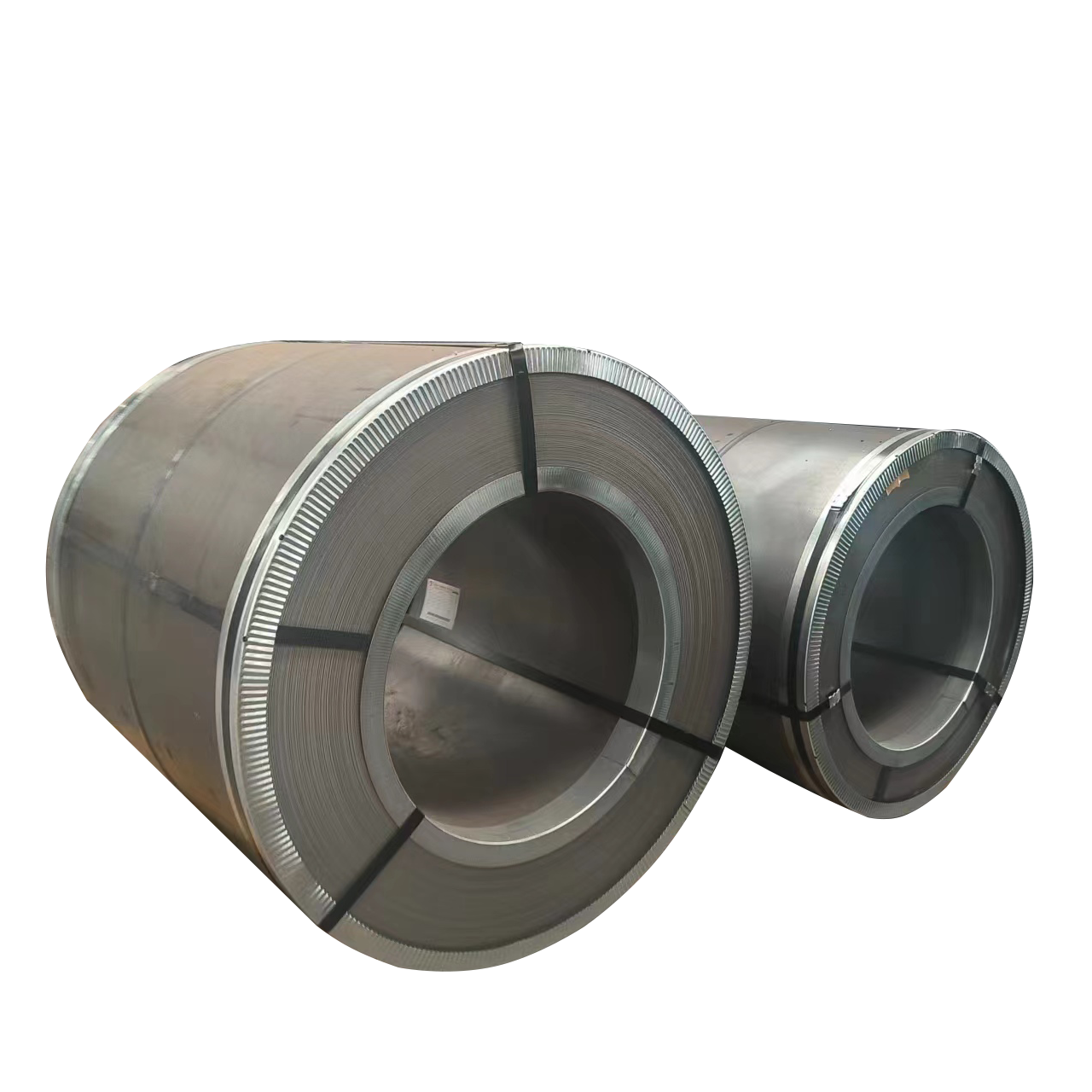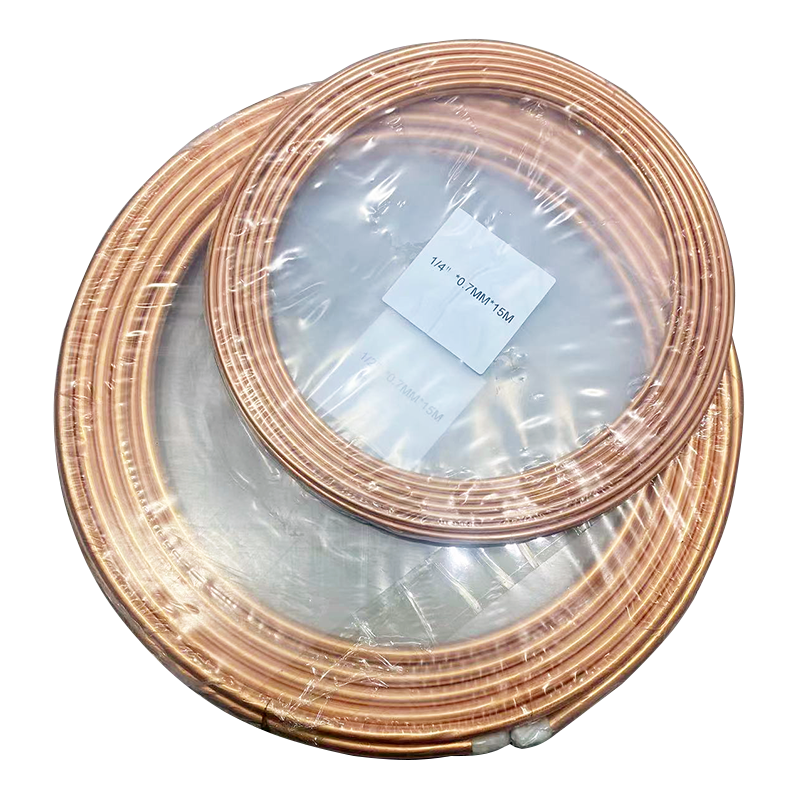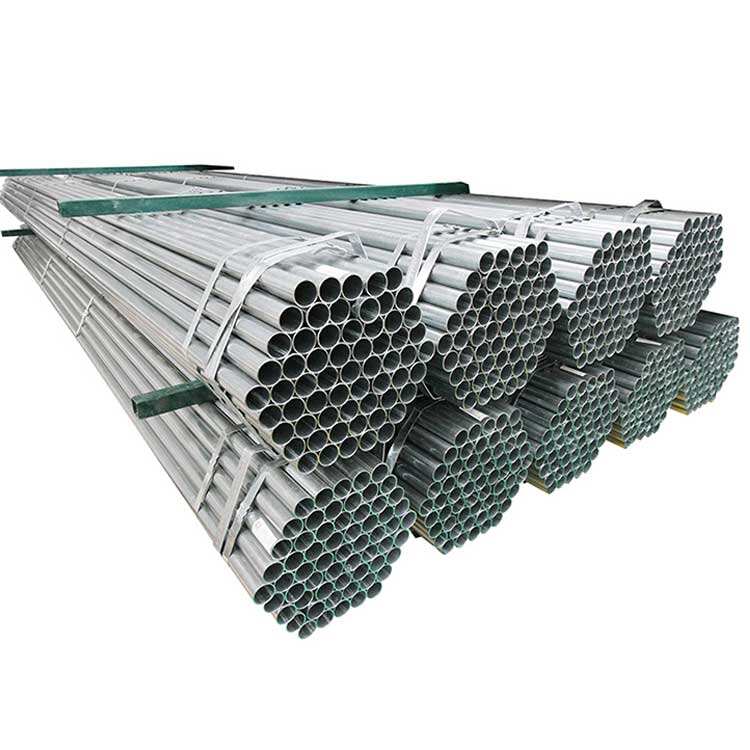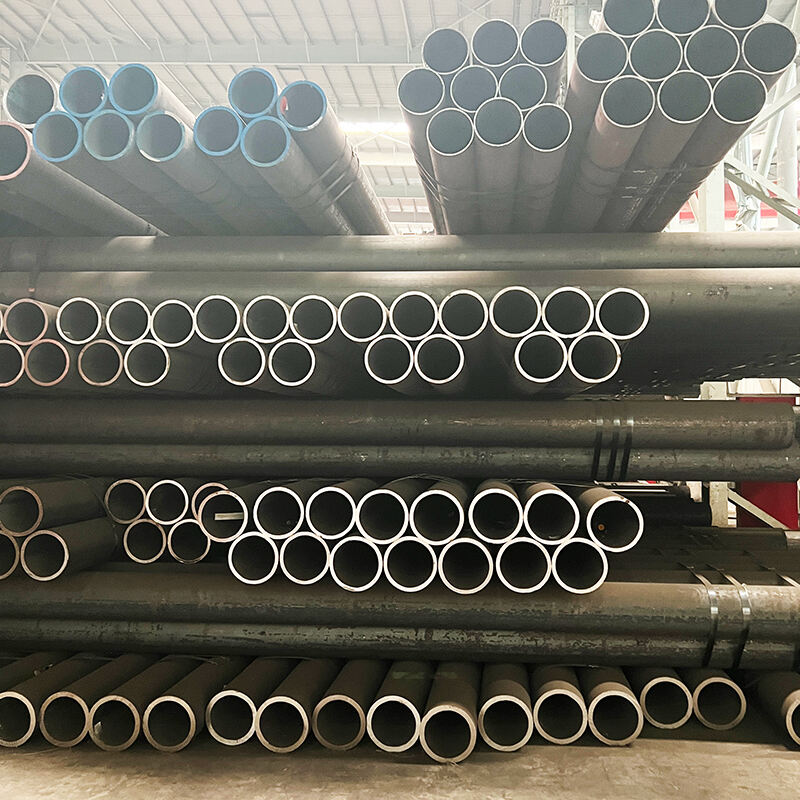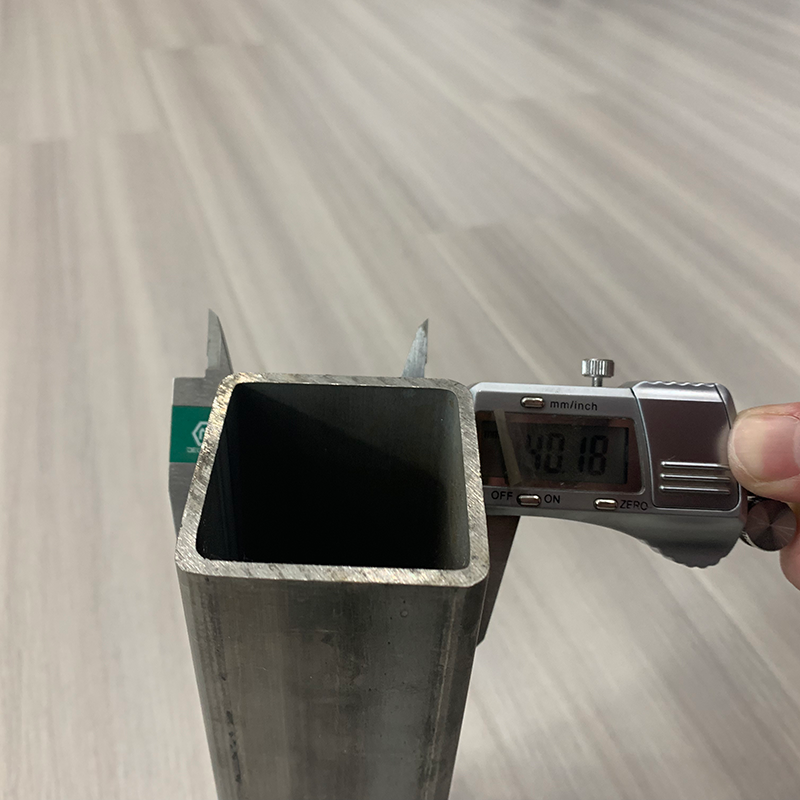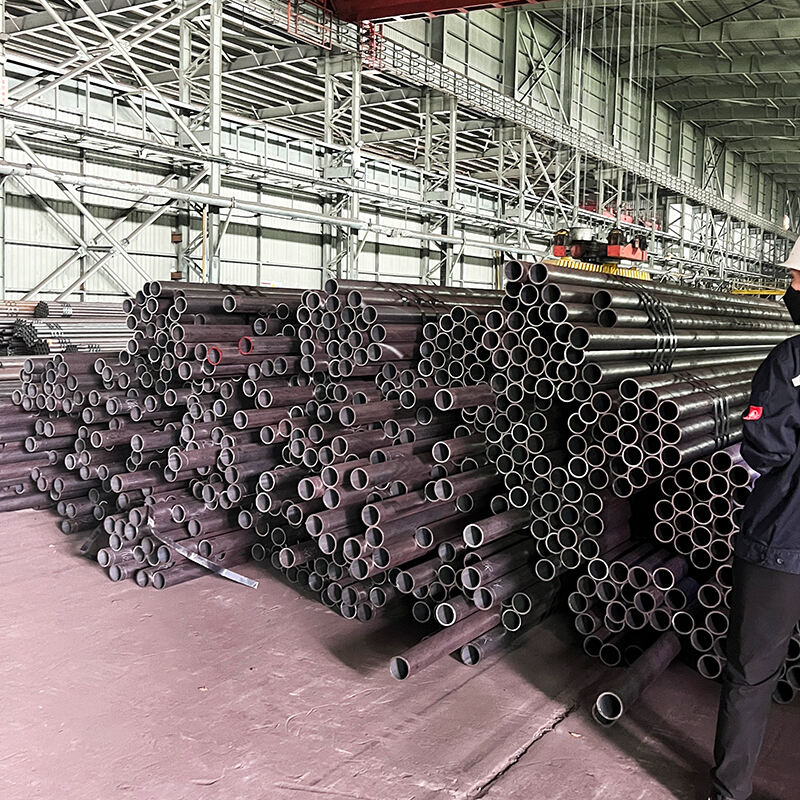bakal na tubo
Ang mga tubong bakal ay nagsisilbing pangunahing sangkap sa modernong mga aplikasyon ng industriya, na naglilingkod bilang mga nakaaangkop na estruktural na elemento na pinagsasama ang lakas at kakayahang umangkop. Ang mga produktong cylindrical na ito ay ginagawa sa pamamagitan ng mga abansadong proseso ng metalurhiya, na nagreresulta sa mga konpigurasyon na walang butas o may tahi na nakakatugon sa iba't ibang pangangailangan ng industriya. Ang mga tubong bakal ay mayroong kahanga-hangang mekanikal na katangian, kabilang ang mataas na tensile strength, tibay, at pagtutol sa iba't ibang kondisyon ng kapaligiran. Ito ay idinisenyo upang makatiis ng makabuluhang presyon habang pinapanatili ang integridad ng istraktura, kaya't ito ay perpekto para sa transportasyon ng likido, suporta sa istraktura, at mekanikal na aplikasyon. Ang proseso ng pagmamanupaktura ay kasangkot ng tumpak na kontrol sa temperatura at mga hakbang sa pagtitiyak ng kalidad upang matiyak ang pare-parehong kapal ng pader, kawastuhan ng sukat, at tapusin ng ibabaw. Ang modernong mga tubong bakal ay kasama ang iba't ibang grado ng bakal, mula sa karbon na bakal hanggang sa mga espesyalisadong alloy, na bawat isa ay optima para sa tiyak na aplikasyon. Maaari itong i-customize gamit ang iba't ibang coating at paggamot upang mapahusay ang pagtutol sa korosyon, pagganap sa init, at haba ng buhay. Ang kakayahang umangkop ng mga tubong bakal ay sumasaklaw sa maraming sektor, mula sa konstruksyon at imprastraktura hanggang sa enerhiya at industriya ng automotive, na nagbibigay ng mahahalagang solusyon para sa mga kumplikadong hamon sa inhinyera.

